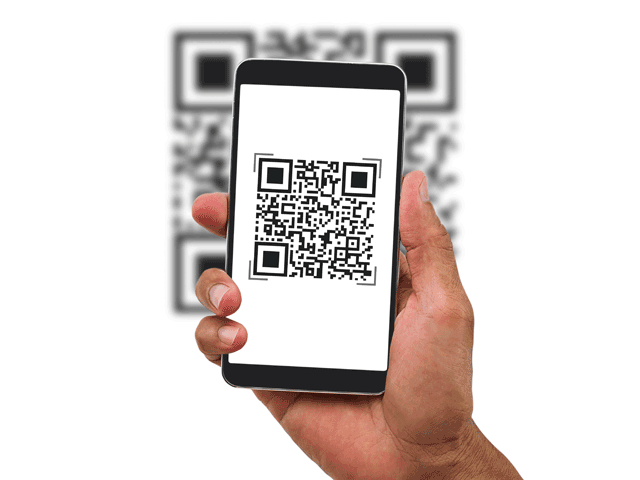The increasing use of UPI-based digital payments has become the new norm, especially during COVID-19 lockdowns. Even though contactless payment offers a secure environment, not everything that shines is gold. While the method is more or less straightforward and convenient for users, even the simplest things can be misleading.

Scanning a QR code led to a loss of Rs 50,000
There was an incident recently involving a girl trying to sell furniture on OLX, the well known internet marketplace. As is customary, the fraudster first confirmed the state of the product with her and then asked her to discuss the payment procedure via WhatsApp. Next, the fake buyer shared a QR code, offering to pay the entire amount in advance.
There was Rs 10,000 written underneath the fake QR code posted on her WhatsApp account. Upon scanning the code, the user was required to input their UPI pin.
She did not discover the fraud until she entered the UPI pin, which immediately debited Rs 50,000 from her bank account. An incident of a similar nature occurred with a woman who was fortunate that she was able to promptly block the fraudster from the social media app.
You should also check: Fraud Story #141- Bengaluru man lost ₹95,000 by ordering a pizza online
QR code scam: how it works?
It is not new to be scammed by QR codes, and three out of every ten naive people are swindled daily. In recent months, this type of scam has become more widespread, with con artists using QR codes on social media platforms or even UPI's request functionality to trick victims into entering their PINs for phony payment requests. In an attempt to swindle people, fraudsters send QR codes claiming to send money. However, QR codes should only be scanned to send money, not to receive it.
How to avoid a QR code scam -
1. Despite the value of QR codes, it's wise not to scan any unidentified QR codes, but to treat them as shady links you'd rather not click to prevent being scammed.
2. Never reveal personal information to unknown callers. Know who you are dealing with before giving out your personal information.
3. You may be asked to scan a QR code in order to receive money. Please keep in mind that a QR code can only be scanned when you are sending money.
4. Your One Time Password (OTP), UPI pin, and other secret information should not be shared with anyone. Never provide banking information to anyone, and always contact your bank. There is a possibility of fraud here.
5. It is recommended that digital escrow platforms be used for payment. When making an online payment with Escrow, you do not share your financial information with anyone. There is a platform for escrow called Vouch.
How does digital escrow work?
In digital escrow, a third-party account holds the money deposited by the buyer until the seller fulfills the terms of the contract. The escrow company supervises the transacting parties.
What is the role of Digital Escrow in preventing online fraud in India?
Digital escrow services are offered by many companies in India. Among the most trusted is Vouch.
Vouch’s Digital Escrow service is a transparent way for buyers and sellers to build trust and secure a clean transfer of product and payment. Sellers can feel assured that they will be fairly compensated promptly, and buyers will feel confident that their order will be delivered as expected and on schedule. Vouch Digital Escrow keeps you updated and informed at every step of the transaction process till the end. Vouch’s professionals are always available to assist you with all queries that you may have during the entire transaction process.
There is no scope for deceit or fraud since the payments, shipping, delivery, and execution are carried out under the honest and watchful eyes of the Vouch’s professionals. With Vouch, any business transaction becomes transparent, uncomplicated, and hassle-free. If you ever come across a fraudster asking for OTP, asking you to scan a QR code, or asking you to click on phishing links, you can simply refuse and ask him/her to proceed with the transaction through Vouch.
This is Fraud Story #147. Check back here for more fraud stories and scams that you can protect yourself from.
Safety is not just about protecting your credit, debit card number, and UPI accounts. It's about having control of your money till you've received the product or service you bought online!
Note: This is a good-faith initiative to educate the world about avoiding frauds like these and how to act when you're becoming a victim of such a situation.
Do you have a fraud you would like to report? Please write to us at letstalk@iamvouched.com






